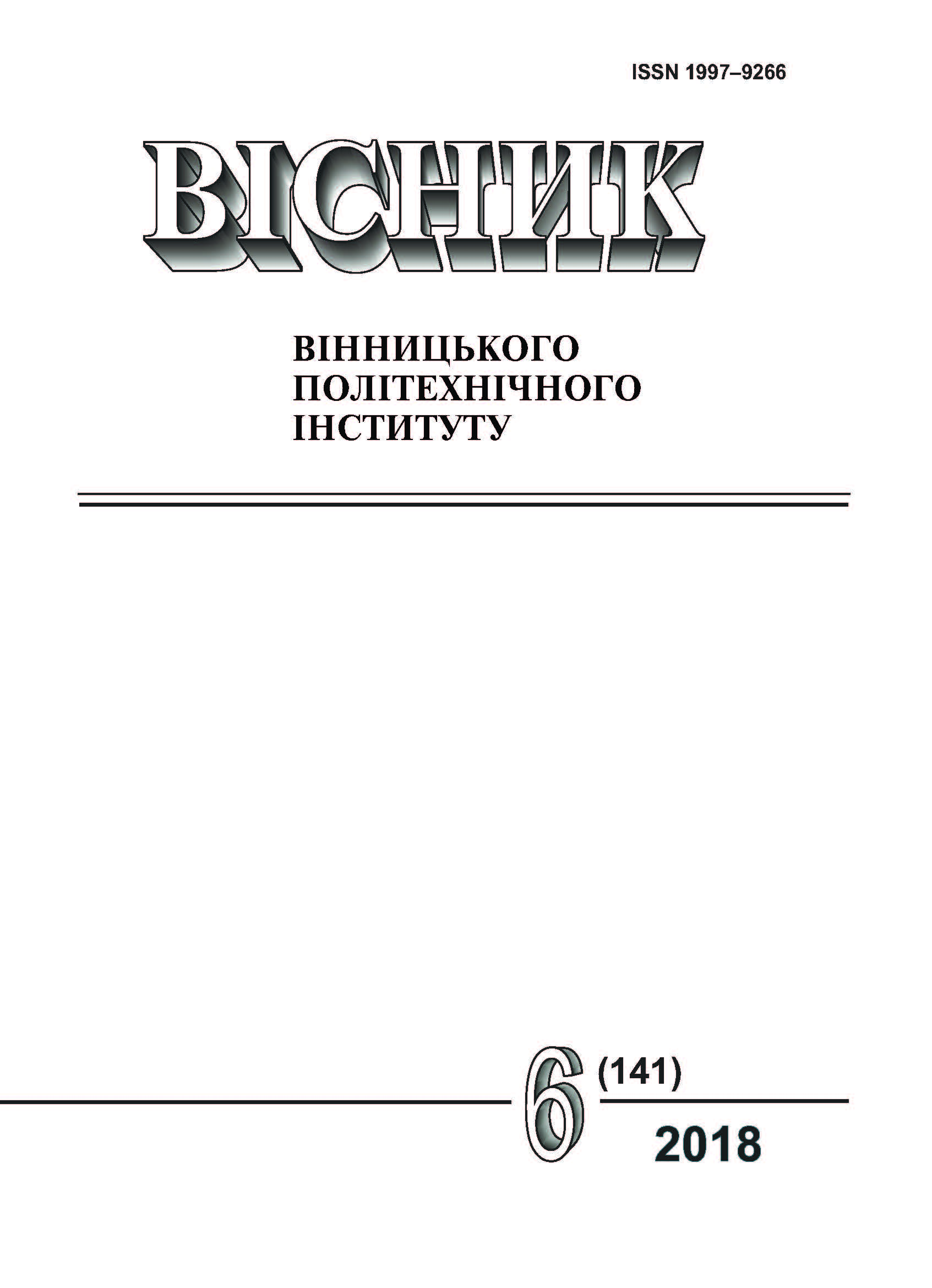The Role of the Scientific and Pedagogical Team in Shaping the Culture of Academic Integrity of Students
DOI:
https://doi.org/10.31649/1997-9266-2018-141-6-134-139Keywords:
reformation, quality of education, academic integrity, unfair practices, plagiarismAbstract
Following the principles of academic and scientific integrity by all participants in the educational process is a basic factor for the training of highly skilled and socially responsible graduates at the present stage. Taking into account the introduction of the concept of academic integrity in the legislation ("Education Act" bill), the article emphasizes the relevance of the study of existing practices promoting academic integrity. The paper examines the main problems of academic integrity in the institutions of higher education of Ukraine. The author examines the origin of the problems and challenges faced by Ukraine in the process of alignment with European standards of academic culture. The concept of academic integrity is determined. The article presents an overview of the research of American ethical scholars. The strategies of implementing academic norms in US universities are considered: a clear definition of violations of academic ethics (plagiarism, falsification, fabrication, fraud, etc.); creation of a set of procedures for its prevention, fixation, consideration; definition of educational and disciplinary sanctions; concluding the code of honor of the academic community. Based on the research conducted in Vinnytsia National Technical University (within the framework of the project "Formation of a culture of academic integrity in the student environment"), the nature of current practices promoting academic integrity, in particular the prevention and counteraction of plagiarism, is analyzed. The author concludes on the need for further research into the practice of academic integrity in colleges and universities of Ukraine for the effective implementation of its principles in the domestic educational space; offers recommendations for managing the university to develop or refine existing practices of struggle with manifestations of unscrupulous practices.
References
T. Becher, and P. Trowler, “Academic Tribes and Territories: Intellectual Enquiry and the Cultures of Disciplines,” 2nd ed. Philadelphia: Open University Press. 2001. P. XIII.
О. С. Цокур, «Кодекс честі» в системі вищої освіти США,» Вісник Черкаського національного університету імені Богдана Хмельницького, серія: Педагогічні науки, вип. 150, с. 57-62, 2009.
В. фон. Струнсе, «Місія досяжна: підвищення академічної чесності в українській освіті» у Прозорість і корупція в системі вищої освіти України. Київ, Україна: Таксон, 2003, с. 272-275.
Т. Ярошенко, «Академічна нечесність та політична культура:порівняльний досвід (Україна — США),» у Покликання університету, О. Гомілко, Ред. Київ, Україна: РІА Янко; 2005, 304 с.
М. В. Гриньова, «Специфіка структурної організації та змісту діяльності студентського самоврядування у вищих навчальних закладах США,» Вісник Черкаського національного університету імені Богдана Хмельницького, серія: Педагогічні науки, вип. 145, с. 156-158, 2008.
В. В. Ромакін, «Мотивації, переконання та поведінка українських і американських студентів бакалаврату щодо норм академічної культури», Наукові праці Чорноморського державного університету імені Петра Могили, серія: Педагогіка, вип. 123, с. 34-41, 2010.
Ю. Ю. Калиновський, «Академічна чесність як чинник правового виховання студентської молоді,» Збірник наукових праць. Київ, Україна: Гілея, вип. 63 (№ 8, с. 477-482), 2012.
Верховна Рада України. 4 сесія. (2017, вер. 05). Закон України №2145-VIII, «Про освіту». [Електронний ресурс]. Режим доступу: http://zakon3.rada.gov.ua/laws/show/2145-19.
Downloads
-
PDF (Українська)
Downloads: 1159
Published
How to Cite
Issue
Section
License
Authors who publish with this journal agree to the following terms:
- Authors retain copyright and grant the journal right of first publication.
- Authors are able to enter into separate, additional contractual arrangements for the non-exclusive distribution of the journal's published version of the work (e.g., post it to an institutional repository or publish it in a book), with an acknowledgment of its initial publication in this journal.
- Authors are permitted and encouraged to post their work online (e.g., in institutional repositories or on their website) prior to and during the submission process, as it can lead to productive exchanges, as well as earlier and greater citation of published work (See The Effect of Open Access).





